Use up and down arrows to select available result. Press enter to go to selected search result. Touch devices users can use touch and swipe gestures.
We sell, repair, calibrate & rent scales

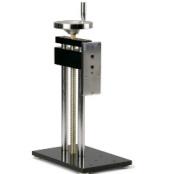
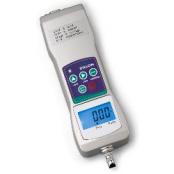
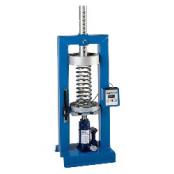
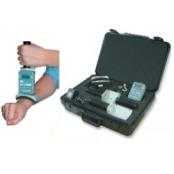
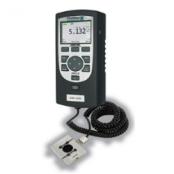
Many different industries around the globe use force gauges for important reasons. For instance:
Keep in mind that these are only a couple of many uses for measuring force. What would happen if the measurements were off? How would it impact the construction or safety of our buildings - and ourselves?
The accurate measurement of force is very important.
Yes, there are two main types of force gauges: manual and digital.
Sometimes referred to as mechanical or analog, manual force gauges often use a spring or load cell to handle the conversion between the magnitude of a force and its calibrated value. The reading is then displayed with a needle on a dial. They are simple to use, can be easily transported, and do not require AC power or battery to operate.
Digital force gauges, as their name suggests, have a display that gives a digital reading of force. These models require electrical power or battery to operate which allows them a few extra benefits -- such as the ability to record and store data of force measurements over time. Being able to choose a preferred unit of measurement is also usually an option with digital gauges.
Both manual and digital force gauges offer value. It is up to you to decide which is the more practical option to meet your needs. If you have questions about your options, contact the knowledgeable team at Central Carolina Scale at (919) 776-7737.
Most force gauges offer multiple units of measurement. These most generally include:
Depending on the force gauge you choose, you may be able to select the unit of measurement that will best meet your needs. It is important to note, however, that not all force gauges offer all of these units of measurement as an option.
Measuring an item on a scale measures its weight or, more specifically, its mass. And this amount (unless something is added or removed) will not change no matter where you measure it.
The same cannot be true for measuring force. When you need to know the impact of one thing on something else, simply knowing its weight or mass will not guarantee you an answer. You need to know the force it will have on that object.
Force gauges measure the force of an object based on the gravitational force of the earth so you always have an accurate reading.
